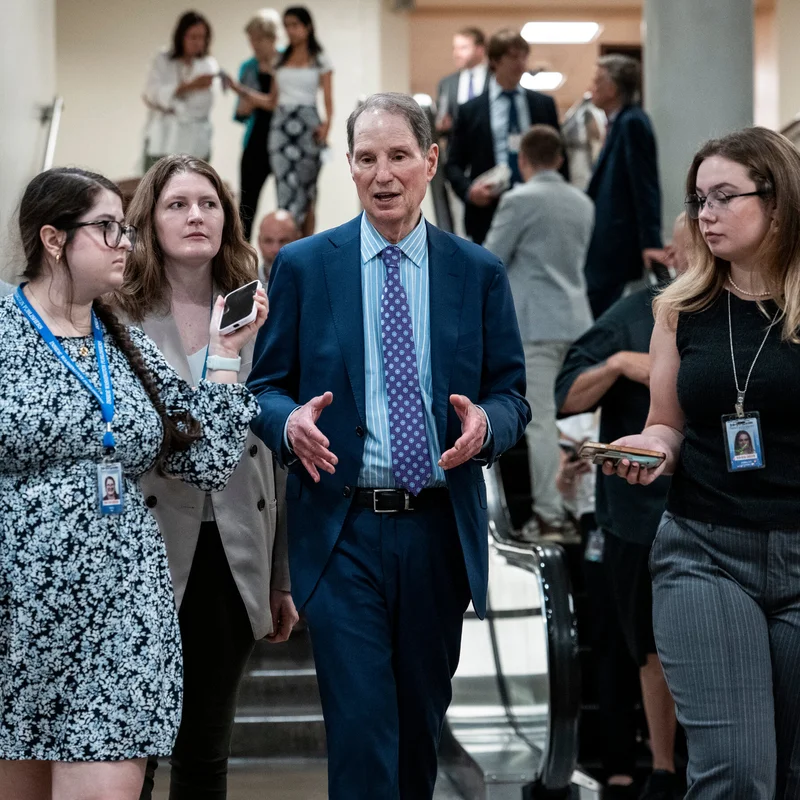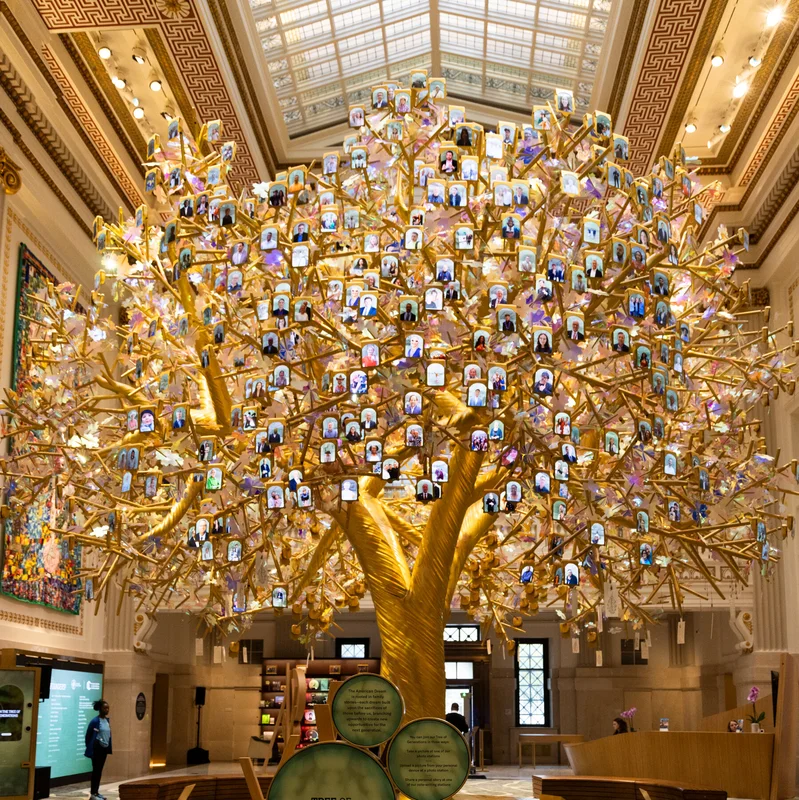Hollywood is reeling this week as Warner Bros.—the legendary 102-year-old studio behind classics like Casablanca, The Godfather, and Harry Potter—prepares to go on the auction block. For many in the entertainment industry, the potential loss of Warner Bros. as a stand-alone studio isn’t just a business shift; it’s a cultural tragedy.
Why Warner Bros. Matters More Than Ever
Unlike other studios that have faded or merged over the years, Warner Bros. has long symbolized Hollywood’s golden age and its modern resilience. From Humphrey Bogart’s Rick in Casablanca to today’s DC superhero blockbusters, the studio has shaped global storytelling for over a century.
“To lose Warners as a stand-alone studio would be heartbreaking,” said Dan Jinks, an Oscar-winning producer. “There are already so many good people in every area of entertainment who are out of work—and now one of the biggest, most reliable studios could get consolidated?”
A Legacy on the Auction Block
Warner Bros. has changed hands before—AT&T acquired it in 2018 for $85.4 billion as part of its Time Warner purchase, only to spin it off to Discovery in 2022. But this latest move feels different. With streaming wars cooling and studio profits under pressure, Warner Bros. Discovery is now reportedly shopping the entire film and TV studio to potential buyers, including tech giants and private equity firms.
The Ankler, a respected entertainment trade outlet, sounded the alarm: “Disappearing Warner Bros. into another studio has to be anathema to all we’ve got,” wrote columnist Richard Rushfield, urging Hollywood unions to intervene.
What’s at Stake?
Beyond nostalgia, the sale threatens thousands of jobs and creative pipelines. Warner Bros. employs over 5,000 people directly and supports tens of thousands more through production, post-production, and distribution networks.
More critically, its independent decision-making has allowed mid-budget films, diverse voices, and risky auteurs to find a home—something increasingly rare in an era dominated by franchise formulas.
Warner Bros. Through the Decades: A Studio Timeline
| Year | Milestone |
|---|---|
| 1923 | Warner Bros. founded by Harry, Albert, Sam, and Jack Warner |
| 1942 | Releases Casablanca—now preserved in the National Film Registry |
| 1972 | The Godfather becomes a cultural phenomenon |
| 2001 | Launches Harry Potter franchise—global box office juggernaut |
| 2018 | Acquired by AT&T as part of Time Warner |
| 2022 | Merges with Discovery to form Warner Bros. Discovery |
| 2025 | Studio put up for sale amid financial and strategic pressure |
Hollywood’s Fear: Another Fox, But Worse
When 20th Century Fox was absorbed by Disney in 2019, there was sadness—but also a sense that Fox had already diminished in influence. Warner Bros., by contrast, remains a creative and commercial powerhouse. Its potential dissolution feels like losing a living institution.
“Fox was a chapter closing,” said one veteran screenwriter who asked to remain anonymous. “Losing Warners would be like burning the library.”
What Comes Next?
Industry insiders speculate that potential buyers could include Amazon (looking to bolster MGM’s catalog), Apple (seeking theatrical credibility), or even a consortium of private investors aiming to preserve the brand. But any sale raises concerns about editorial independence, labor protections, and long-term creative vision.
For now, Hollywood waits—and mourns. As one studio executive put it: “We’re not just selling a company. We’re auctioning off a piece of who we are.”
Sources
- The New York Times: Hollywood Weeps as Warner Bros. Hangs a Sale Sign
- The Ankler: “Is Anyone Awake Out There to Stop This?” (October 2025)
- Warner Bros. Discovery Investor Relations: Corporate Timeline
- Library of Congress: National Film Registry – Warner Bros. Titles



